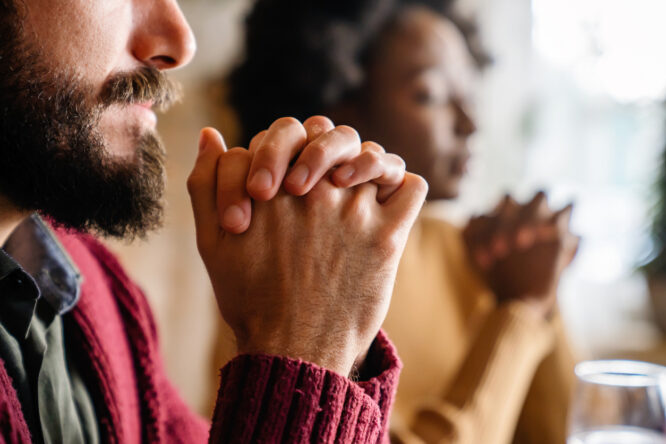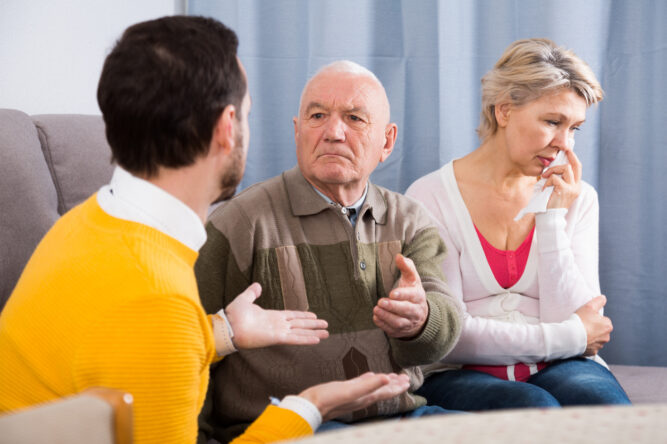You can move out, grow up, even build a decent life, but that doesn’t mean your childhood stops shaping how you think and behave.
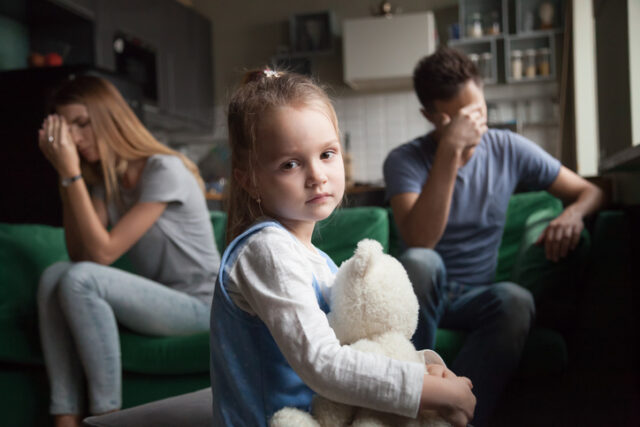
The stuff you lived through, especially if it was chaotic, cold, or emotionally messy, doesn’t just vanish with time. It creeps into your habits, your relationships, your inner voice. If you’re doing some of these things, it might be a sign that your early experiences are still influencing more than you realise.
1. You constantly expect people to leave.

No matter how good things are going, you have this lingering sense that it won’t last. You brace for distance, rejection, or abandonment before there’s even a reason. It’s not because you’re negative—it’s because being let down became normal early on. That expectation sticks with you. It can make closeness feel uncomfortable, even when it’s safe. You might push people away just to beat them to it, or act overly accommodating to avoid them leaving at all.
2. You apologise for everything.

Even when it’s not your fault, you find yourself saying sorry. It’s like a reflex. Whether someone’s upset, there’s tension in the room, or you just sense something’s off—you take the blame, even when no one’s pointing fingers. This usually comes from growing up in a space where keeping the peace meant taking responsibility, even unfairly. Now, it’s baked into how you navigate the world.
3. You get uncomfortable when people are nice to you.

Compliments, kindness, affection—it all feels a bit foreign. Instead of soaking it in, you start wondering what the catch is. Your guard goes up, not because you don’t want love, but because it never came without strings attached before. It’s hard to receive warmth when you’re not used to it. Sometimes, even hearing something kind can trigger suspicion instead of comfort.
4. You shut down during conflict.

Arguments make you freeze or disappear. Your heart races, your brain goes blank, or you just agree with everything to get it over with. It’s not because you’re passive—it’s because conflict used to feel dangerous. Growing up in an unpredictable environment often teaches you that staying silent is safer than being honest. That strategy sticks, even when it’s no longer needed.
5. You over-explain yourself constantly.

Any time you make a choice, share a thought, or even just say no, you feel the urge to justify it in detail. You don’t want to seem rude or selfish, and you’re scared of being misunderstood. This comes from feeling like you had to defend your feelings or decisions to people who didn’t respect them. Now, it’s a habit you can’t quite shake.
6. You downplay your pain.
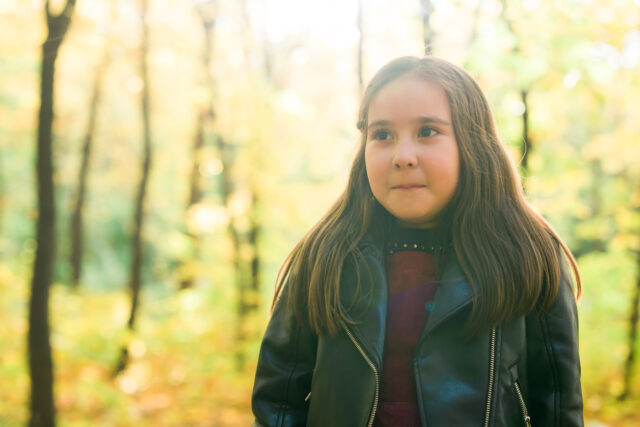
You tell yourself “it wasn’t that bad” or “other people had it worse.” You find ways to explain away your own hurt, even when it clearly affected you. Minimising your struggles feels safer than acknowledging how deep they go. It’s often a survival mechanism. If your pain was ignored or dismissed growing up, learning to dismiss it yourself became the only way to cope.
7. You feel guilty when you relax.
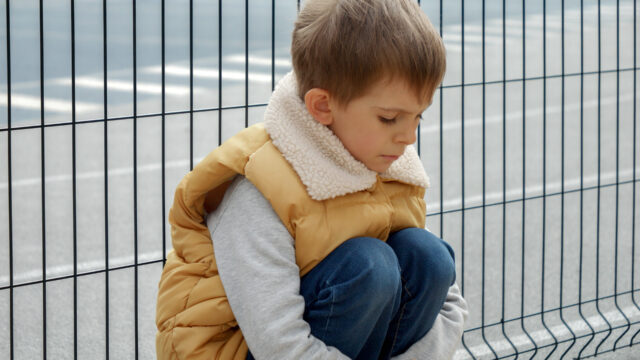
Sitting still, doing nothing, or taking a break can make you feel lazy. You’re wired to believe that worth comes from doing, not being. Even rest needs to be “earned.” This is usually rooted in environments where your value was based on your output or obedience. Now, rest feels uncomfortable because you never learned it was allowed.
8. You’re hyper-aware of other people’s moods.

You can walk into a room and instantly sense tension. You scan people’s faces, watch their tone, and try to adjust yourself accordingly. It’s exhausting, but it feels necessary. This kind of hypervigilance often starts in homes where unpredictability ruled. Being tuned in meant staying safe, but now it just leaves you drained.
9. You find it hard to ask for help.

Even when you’re struggling, the thought of leaning on someone feels like a burden. You don’t want to inconvenience anyone, or you’re scared they’ll say no—or worse, say yes and resent you. If you were taught that your needs were too much, or if no one showed up when you really needed them, independence becomes your shield. But it’s a lonely one.
10. You overthink everything.
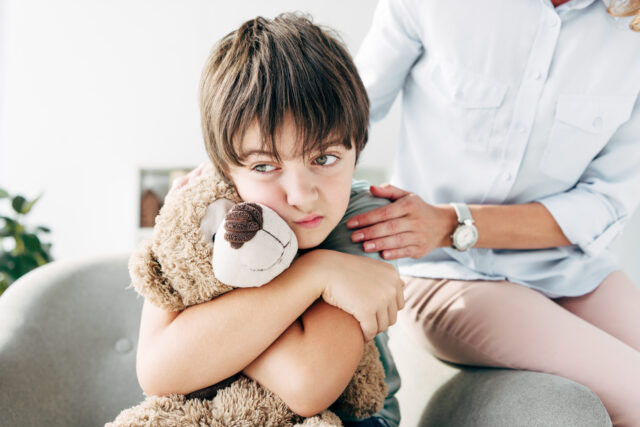
From texts to facial expressions to every possible future scenario—you analyse it all. Your brain won’t stop running through what-ifs and worst-case outcomes, even when things are fine. This often comes from living in a space where things changed quickly or didn’t feel safe. Overthinking becomes a way to stay ready, even if it just keeps you stuck.
11. You’re afraid of being a burden.

You hesitate to share your feelings, ask for favours, or even just take up space in conversations. You worry people will get tired of you or think you’re too much. This usually links back to a childhood where your emotions weren’t met with care, or where your needs were treated as annoying. Now, you try to shrink yourself to stay acceptable.
12. You either overshare or stay silent.

You might spill your life story quickly with new people, or you might keep everything bottled up, even with those closest to you. Either way, vulnerability feels confusing. When emotional safety wasn’t consistent, you learn to either get it all out fast before someone leaves, or keep it in to avoid getting hurt. Both are protective strategies from the past.
13. You struggle to believe you’re truly loved.
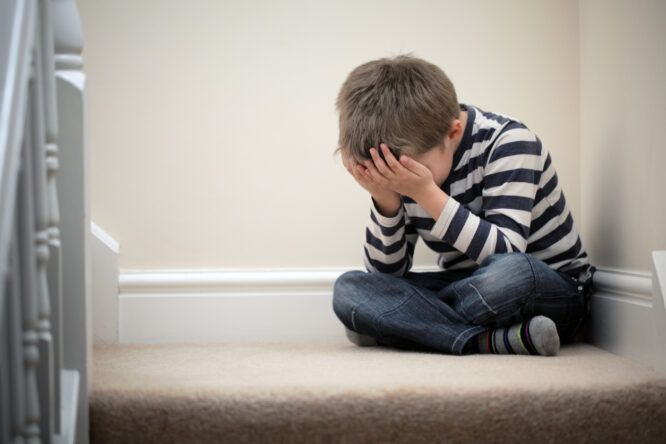
Even when someone is kind, present, and good to you, there’s a part of you that doubts it. You keep waiting for the other shoe to drop, or assume it’s a matter of time before they see the “real” you and leave. That insecurity doesn’t come from low self-esteem alone—it often comes from inconsistent or conditional love early on. It teaches you to see love as temporary or earned.
14. You second-guess your decisions constantly.

You find it hard to trust your instincts. Whether it’s something big or small, you often feel paralysed trying to figure out what’s “right,” worried that you’ll regret it or be judged. This often develops when childhood involved being criticised for mistakes or not being given autonomy. Now, even harmless decisions can feel like high stakes.
15. You feel responsible for other people’s happiness.

You take on emotional labour without realising it. If someone’s upset, you feel like it’s your fault or your job to fix it. You often prioritise other people to your own detriment. This is common when you were put in a caretaker or peacekeeping role growing up. It teaches you that your value lies in making everyone else feel okay, even when you’re not.
16. You’re kinder to everyone else than you are to yourself.
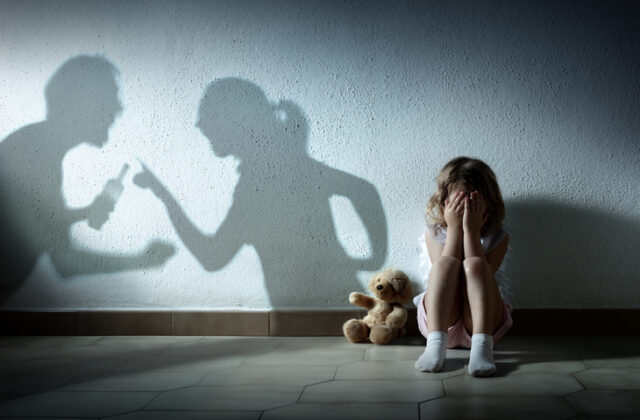
You show up for other people, offer compassion, and defend their right to rest or struggle—but when it comes to your own needs, you judge yourself harshly. Your self-talk is nothing like the way you speak to people you love. This usually starts in homes where you had to grow up too fast, or where being hard on yourself felt like the only way to survive. But healing means learning that you deserve the same care you give so freely.


